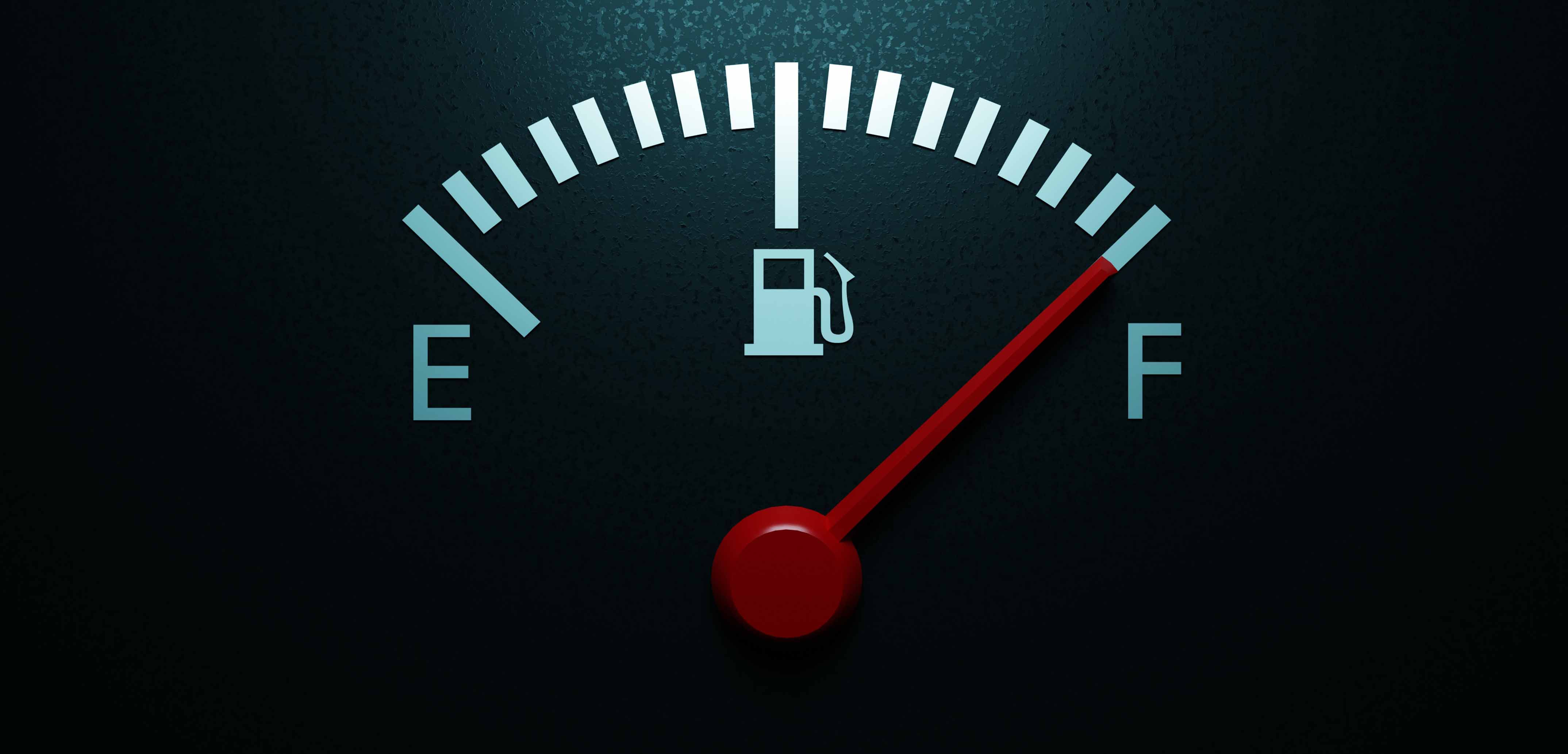There has been a significant increase in fuel consumption in India, with a reported consumption of 222.30 million tonnes in 2022-23, a 10.2% increase compared to the previous year. The increase in fuel consumption could be attributed to factors such as population and economic growth, increased demand for transportation, and changes in government policies. As we navigate through the complexities of modern life, the issue of fuel consumption has emerged as a pressing concern for people around the world. With the cost of fuel skyrocketing and a growing understanding of the impact of carbon emissions on our planet, finding ways to cut down on fuel consumption has become an urgent priority for many.
Plan routes and reduce engine idling
Route optimization is an important factor in reducing fuel consumption. One should try to plan their route ahead of time to avoid congestion and minimise their driving distance. By taking the most direct route, it is easier to reduce the amount of fuel used and save both time and money. Some other effective ways could be, turning off the engine rather than letting it idle when stuck in traffic, waiting at a drive-thru, or parked for an extended period. Idling can consume a significant amount of fuel over time, and also emits harmful pollutants into the air. By turning off the vehicle engine, one can save fuel and reduce its harmful environmental impact.
Avoid harsh acceleration and braking
Harsh acceleration and braking can significantly increase fuel consumption. When we accelerate too quickly or brake abruptly, we waste fuel and put unnecessary strain on the engine. Instead, try to accelerate and brake gradually and smoothly. This will not only reduce fuel consumption but also extend vehicle life. Monitoring systems can track driver behaviour, such as harsh braking, excessive acceleration, and over-speeding. This data can be used to identify drivers who are using more fuel than necessary and provide them with feedback and training to improve their driving habits.
Vehicle maintenance
Fuel monitoring systems can provide valuable data on the performance of vehicles, allowing logistics companies to identify maintenance issues before they become major problems. By detecting issues early, the company can reduce the risk of breakdowns, improve vehicle lifespan, and ensure that vehicles are running efficiently. By using real-time data on fuel consumption, businesses can identify areas where fuel usage can be optimised. This information can be used to ultimately lower costs and improve profitability. Fuel monitoring systems can help logistics companies comply with regulations related to fuel usage and emissions.
Take steps to reduce fuel theft
Fuel theft is a common problem that can cause significant financial losses for businesses and individuals. There are many ways to prevent fuel theft, such as installing trackers or using fuel locks. One should keep their fuel storage area locked and secure, and only provide access to authorised personnel. By taking steps to prevent fuel theft, we can reduce fuel consumption and save money in the long run.
Let’s Sum up
Trackers and fuel monitoring systems can help save fuel by providing real-time data on the location, speed, and fuel consumption of vehicles. This information can be used by fleet managers to identify inefficient driving practices such as excessive idling, speeding, harsh braking, and acceleration. Roadcast's technology provides an efficient and reliable solution for fleet owners and businesses to manage their fuel consumption. Additionally, this can also help prevent fuel theft by monitoring fuel levels and providing alerts in case of unusual drops in fuel levels, ultimately saving money for fleet owners.
